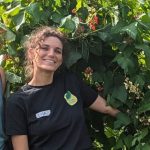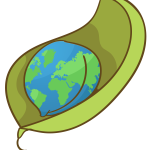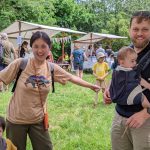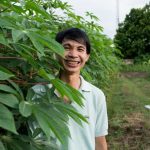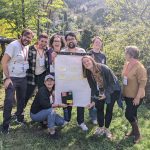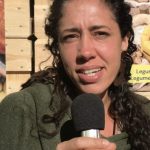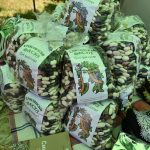News about our activities and stories from our network.
The Global Bean Project enters a new phase
During its two fruitful first years, The Global Bean Project has been funded by the German environment ministry (BMUV) and we were able to carry out a variety of activities with a central coordination amongst a growing global network of experts and enthusiasts. The network now counts above 100 partners from 37 countries. From now


